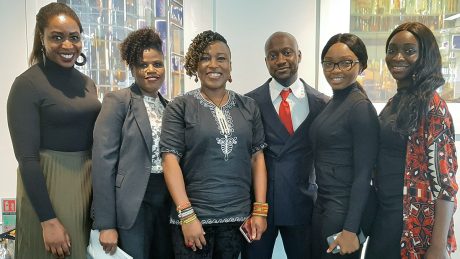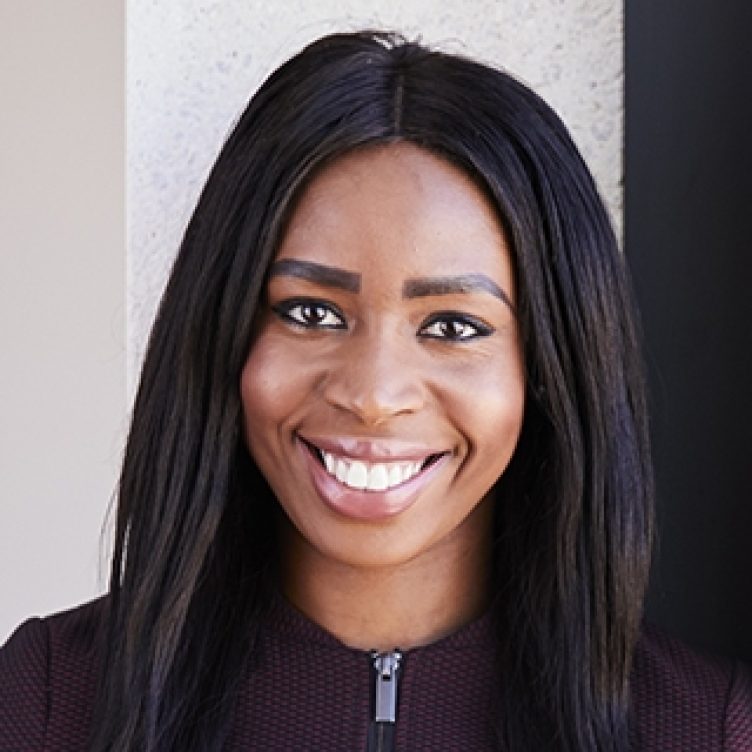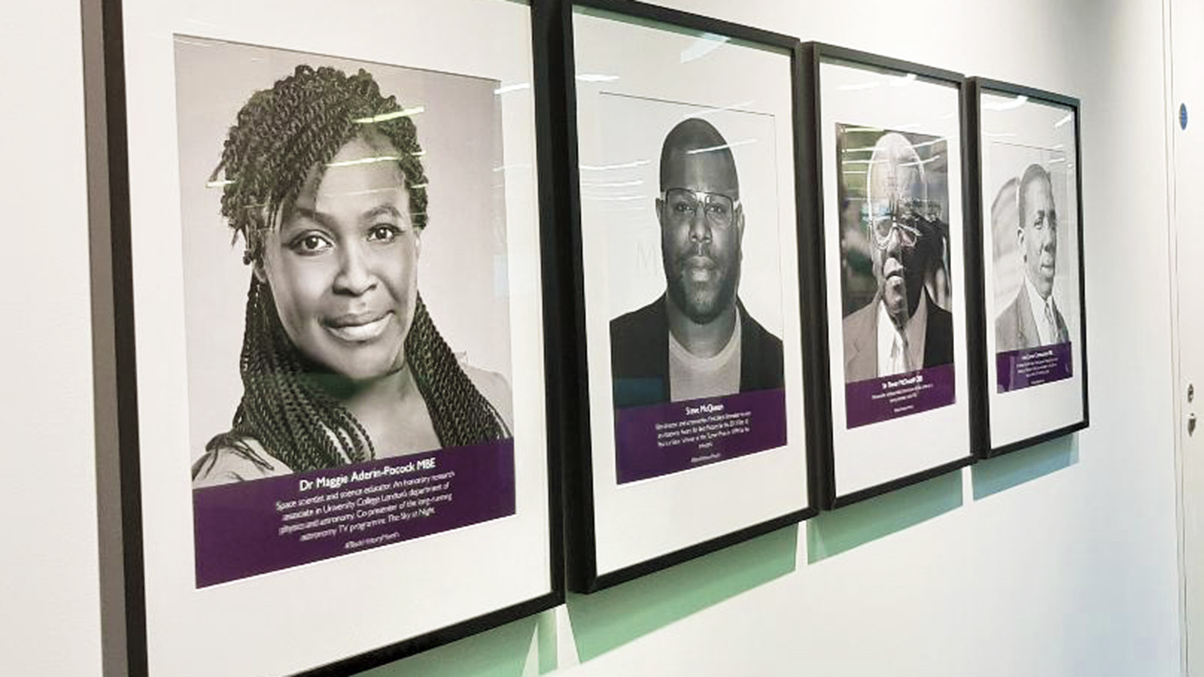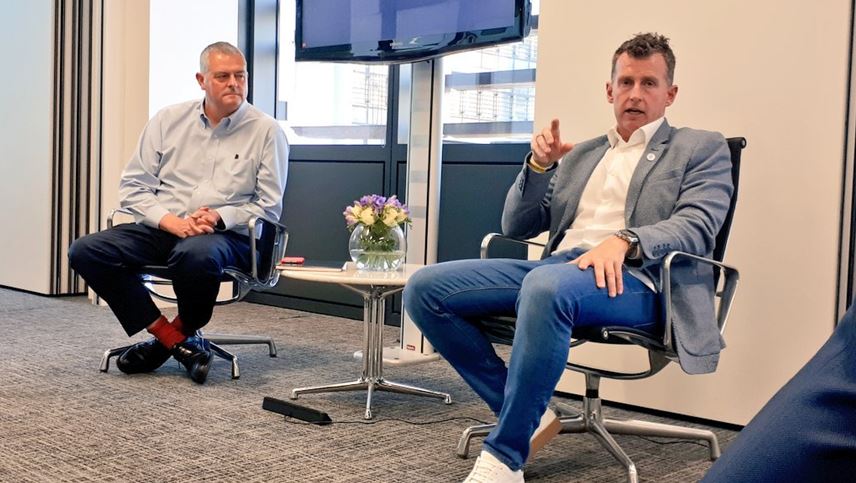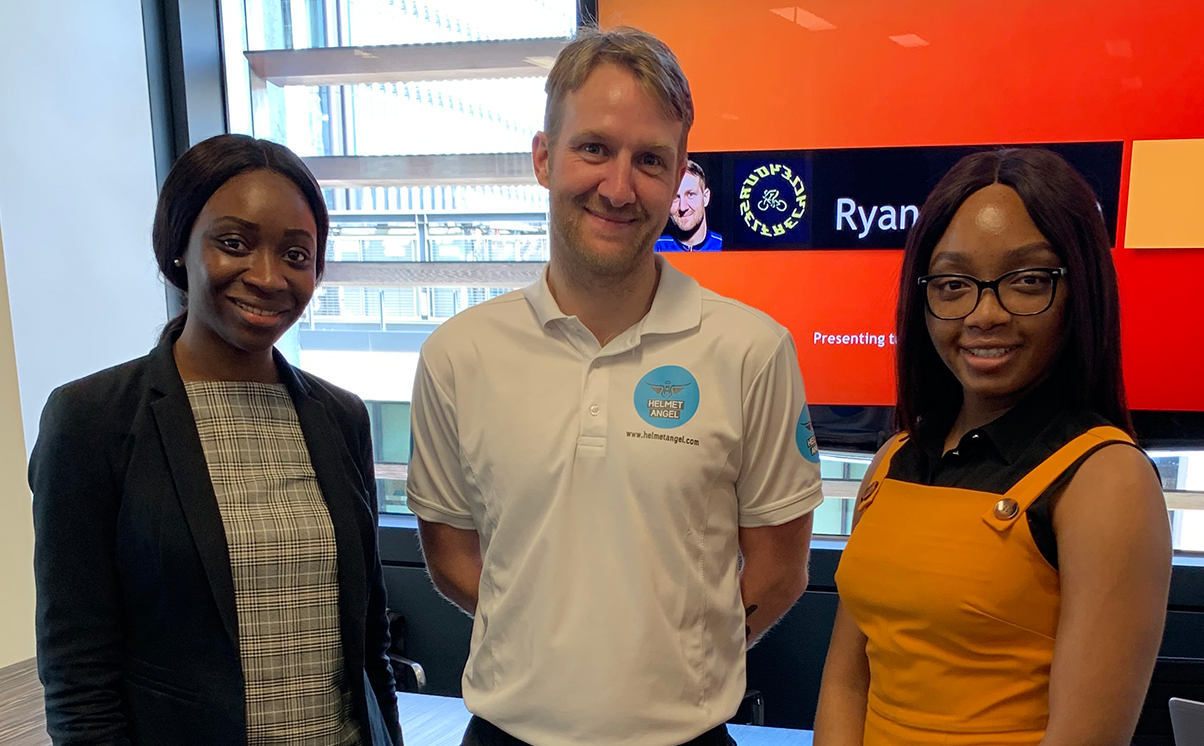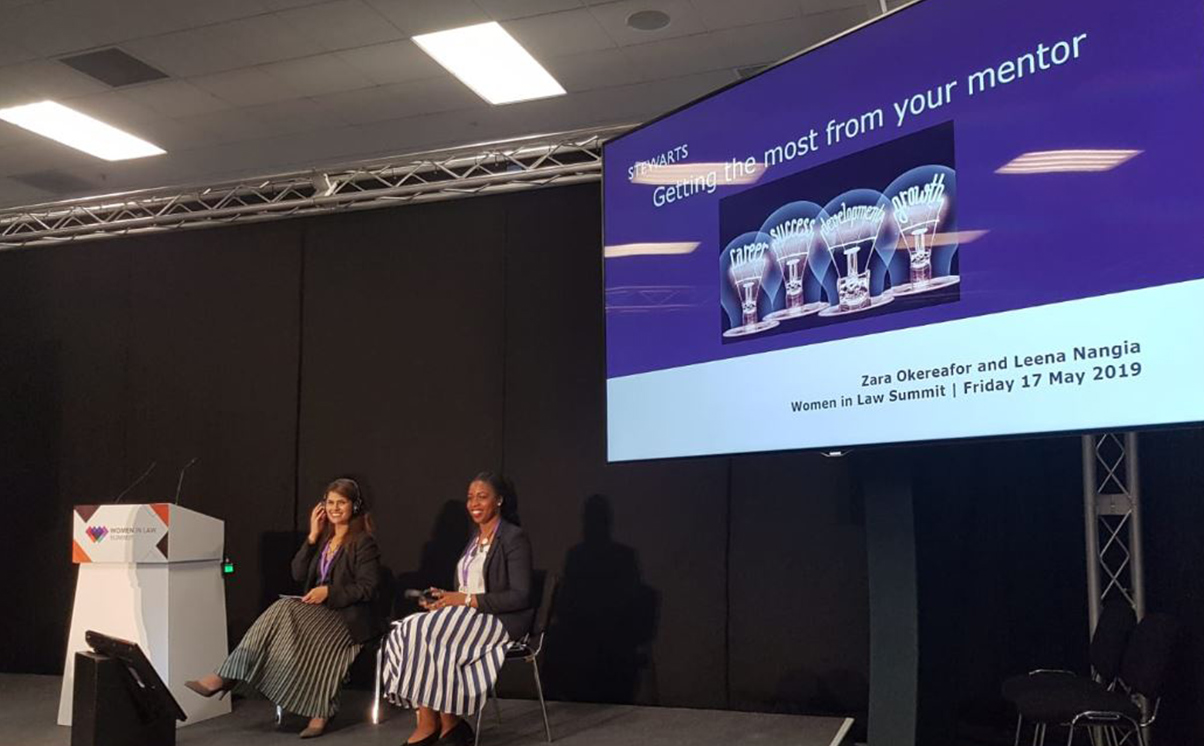“Diversity isn’t necessarily what people in the room look like, but rather how people in the room think” – Dr Tunde Okewale MBE
In celebration of Black History Month, Stewarts had the honour of welcoming Dr Shola Mos-Shogbamimu and Dr Tunde Okewale MBE on 15 October for a question and answer session on unconscious bias, the lack of diversity in the legal field and the difficult issues surrounding diversity. The speakers’ contrasting views and passion left many feeling inspired.
Funmi Kolaru introduced the guests before Dr Tunde and Dr Shola were asked questions on a panel led by Nathalie Ashworth and Maria Tayo.
The question and answer session kicked off with a question to both speakers on how they would define diversity, and how this definition has changed over time.
Intersectionality
Agreeing with the definition provided by Dr Tunde, Dr Shola made an interesting point on the concept of intersectionality saying: “Diversity is also about the way the different aspects of our individual identities overlap or intersect.”
Dr Shola made the important point that focusing on these different identities allows us to connect and find similarities with people we may not ordinarily connect with. Intersectionality defines how all aspects of social and political identities, such as gender, faith, race, class, sexuality and disability, could overlap.
Racial diversity
Dr Tunde admitted that racial diversity is still something many people find uncomfortable to speak about. Although many law firms and other corporate institutions are now moving with the changes in society, the real question is whether the definition of diversity has truly changed or whether it is a case of people being more mindful of the things they say.
Unconscious bias
This raised the topic of unconscious bias, something the speakers had contrasting views about. Dr Tunde believes that people’s experiences, such as what they have encountered and been exposed to, could determine whether they held unconscious bias. Dr Shola disagreed, saying no such thing existed. “Let’s call it what it is: racism,” she said.
Improving diversity
Catriona Abraham asked an important question: “What can we do as a firm to improve diversity?” Dr Tunde responded with a few suggestions, highlighting the importance of starting small. He gave the example of organising a “world food day” where people share dishes from various cultures, an event which would encourage an open conversation.
Catriona’s follow up question was: “What can be done as a firm to help students and young people from underrepresented backgrounds?” Dr Tunde offered a few tips, including the importance of planning and having a clear purpose when targeting the younger generation. For example, bringing students from underrepresented backgrounds into the firm, an environment that is new to them, could raise their aspirations.
Many attendees who weren’t able to have their questions answered during the talk managed to engage with the speakers at the end of the session.
The Speakers
Dr Tunde is a criminal barrister at Doughty Street Chambers and the founder of the charity organisation Urban Lawyers. Urban Lawyers provide resources, information and opportunities for young people to secure work and/or experience in the legal profession. They have to date helped 7,000 young people from underrepresented backgrounds within the legal industry. To find out more or to get involved, visit Dr Tunde’s website or follow Dr Tunde Okewale and Urban Lawyers on LinkedIn and Instagram.
Dr Shola, a New York Attorney, political and women’s rights activist, founded the Women in Leadership publication and has established She@LawTalks to promote women and BAME leadership in the legal profession. To find out more, visit Dr Shola’s website and follow her on LinkedIn and Instagram.
Black History Month at Stewarts
Black History Month has been celebrated across the UK every October for over 30 years, each year growing from strength to strength. This national celebration aims to promote and celebrate Black contributors to British society, and to foster an understanding of Black history in general. Its origins go back to the 1920s and the establishment of Negro History Week in the United States.
Stewarts is marking Black History Month with a series of events around the firm. Poetry and texts showcasing Black culture will be shared, as well as African phrases, facts and other information. As well as this Q&A session in London, earlier in the month former professional footballer Martin Pemberton spoke at our Leeds office. Martin spoke about his experiences growing up mixed race and the issues that raised in terms of his identity.
Diversity and inclusion at Stewarts
The principles of inclusion, equal opportunity and diversity are important to us. We aim to create an inclusive culture that respects people’s differences and gives everyone a chance to excel at what they do. We believe that this is enhanced by embracing our staff’s different backgrounds and personalities, and creating a positive working environment.
You can find further information regarding diversity, inclusion and equal opportunities at Stewarts here.
If you require assistance from our team, please contact us or request a call back from one of our lawyers by submitting this form.

